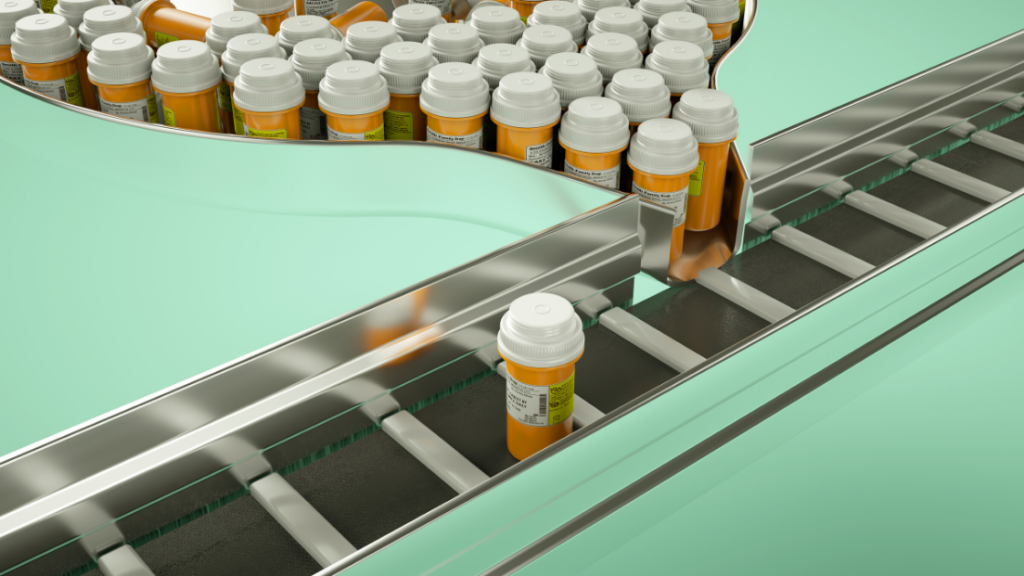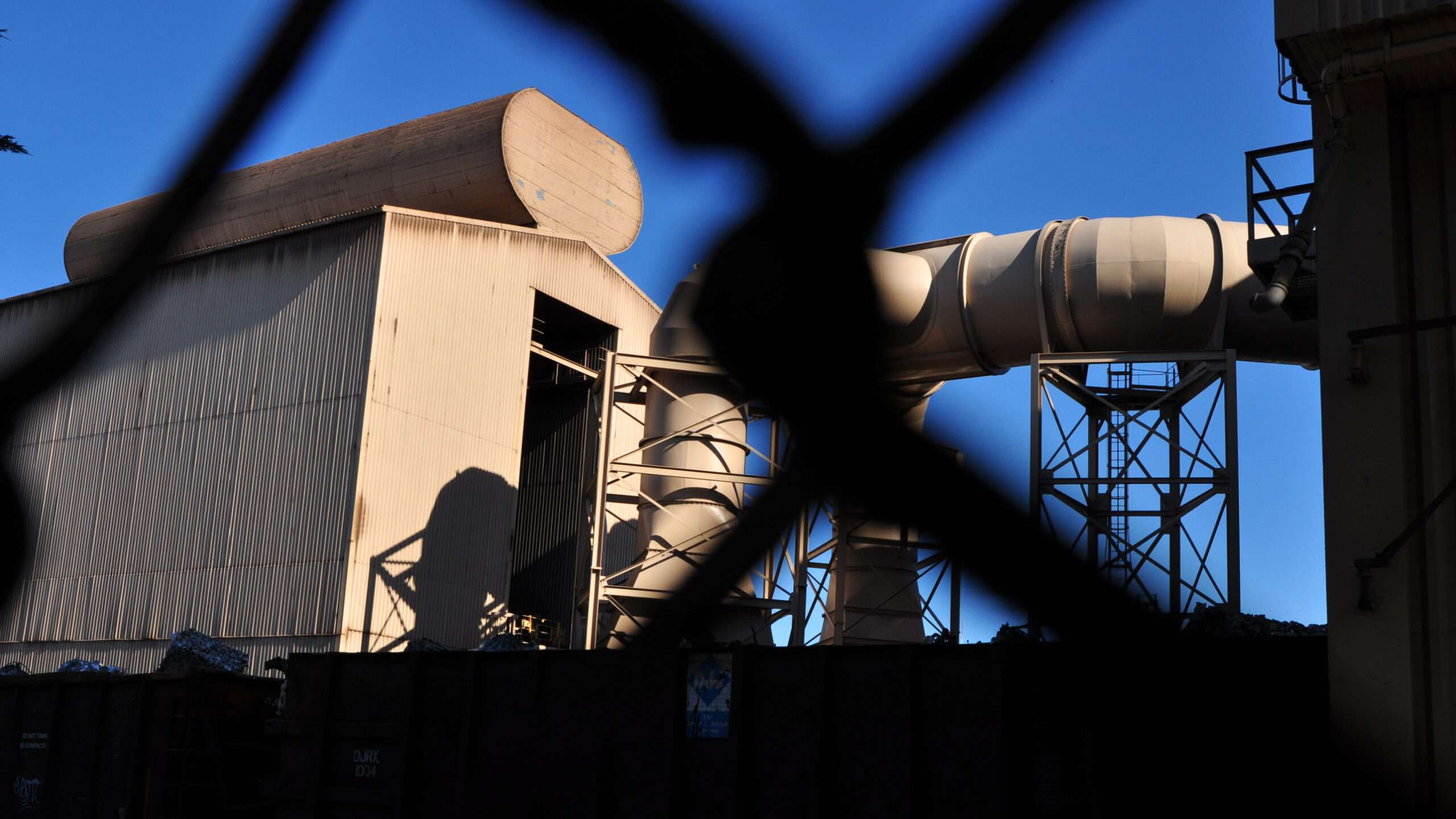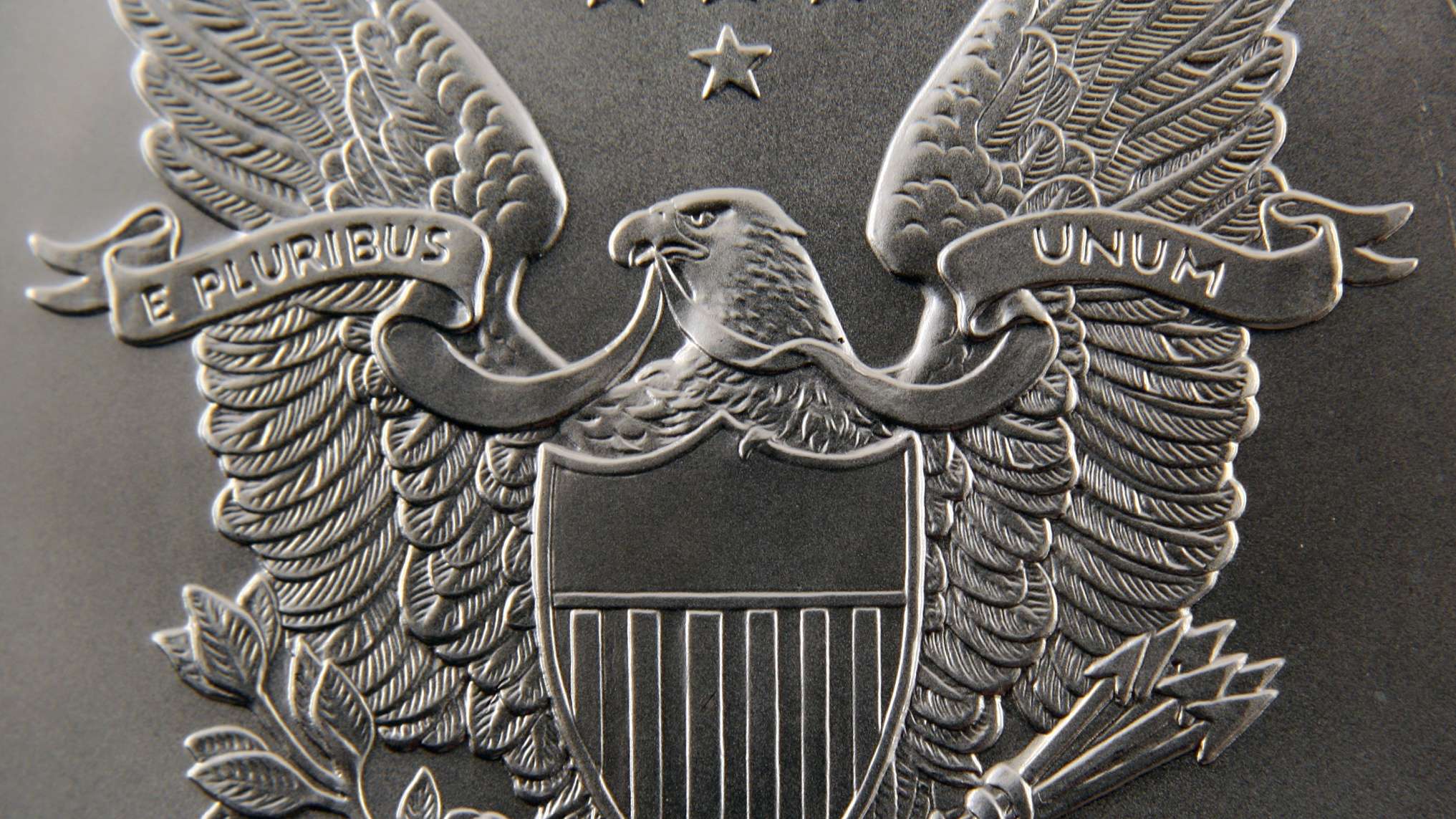Editor’s Note: Michael Stumo is CEO of the Coalition for a Prosperous America. Follow him at @michael_stumo
The coronavirus pandemic has revealed a troubling truth: Global supply chains operated by stateless multinational corporations simply aren’t reliable. Americans are learning this in real-time as they see imports from China cut off, particularly for critical medicines and pharmaceuticals. That has put millions of lives at risk since 90 percent of the generic medications that Americans use each day are imported. Even worse, 90 percent of the ingredients for generic drugs used to treat coronavirus infections are sourced from China.
[Michael Stumo | May 25, 2020 | Daily Caller]
This will have serious consequences for America’s healthcare and national security. In response, Washington must encourage the reshoring of pharmaceutical production as well as the development of countermeasures for future threats, including critical drug treatments, vaccines, medical devices, and personal protective equipment.
The Trump administration has taken a smart first step on this path. The Department of Health and Human Services recently awarded a $354 million contract for generic drug production to Phlow Corp., a Virginia-based manufacturer that uses state-of-the art drug manufacturing technology. The company will start making prescription drugs and pharmaceutical ingredients, including medicines used to treat COVID-19.
This marks a good start toward boosting U.S. drug production. But a comprehensive, whole-of-government response is needed. For example, the three standard antibiotics used to treat coronavirus-related infections — azithromycin, ciprofloxacin, and piperacillin — all require ingredients made in China. The United States also sources 80 percent of its active pharmaceutical ingredients from overseas, mostly from China and India. And even common household medicines like ibuprofen and acetaminophen overwhelmingly come from China. It’s past time to start reshoring these capabilities.
China undoubtedly recognizes its advantage. Horizon Advisory reports that Beijing hopes the coronavirus pandemic will “reverse any progress that the U.S. has made in countering China’s co-option of global industry.” Simply put, Beijing has the capability to cut off needed pharmaceuticals at any time in order to create a strategic choke point.
The U.S. must get domestic drug production back in gear. And where Congress can be helpful is in imposing ‘Buy America’ policies to ensure that federal agencies purchase domestically manufactured drugs whenever possible. That would help to reduce dependence on China for active drug ingredients. Domestic producers should be given long-term contracts to provide the certainty needed for investing in advanced technologies without fear of being undercut by Chinese companies subsidized by Beijing.
Congress is already gearing up. Democratic Rep. John Garamendi of California and Republican Rep. Vicky Hartzler of Missouri have introduced legislation that would impose ‘Buy America’ requirements on the Department of Defense and Veterans Administration when they source medication for military personnel. But more needs to be done. The United States must also rebuild its capacity to make the primary ingredients needed for commonplace medications. To accomplish this, some in the House and Senate are looking to provide financial incentives for domestic drug companies.
The bigger issue is that China remains heavily interwoven in U.S. drug manufacturing. Currently, if a drug is assembled in the U.S. from ingredients made in China, the finished pharmaceutical can still be considered “American-made.” And that allows companies using China-made drug ingredients to claim their product is ‘Made in USA’ — and have access to federal contracts. Republican Sen. Marco Rubio of Florida has introduced legislation to close this loophole and ensure that federal procurement applies only to medicines with active ingredients made entirely in the United States.
Stateless multinational corporations that import pharmaceuticals will undoubtedly oppose such efforts. In 2019, pharmaceutical imports to the U.S. totaled $127.6 billion. However, it’s estimated that bringing back roughly half of this production to the United States could create 804,000 U.S. jobs in the first year while adding $200 billion to annual GDP. That would have the helpful side-effect of making Americans safer by reducing incidents like the tainted heparin from China that killed at least 81 Americans in 2008.
The coronavirus has revealed America’s risky dependence on overseas suppliers. Reshoring key industries like medications and active drug ingredients would help to restore the safety of America’s pharmaceutical supply chains, reestablish national security in the nation’s medical sector, and put Americans back to work in skilled, good-paying jobs. Washington must take these important steps now and bring pharmaceutical production back from China before the next pandemic hits.
Read the original article here.













